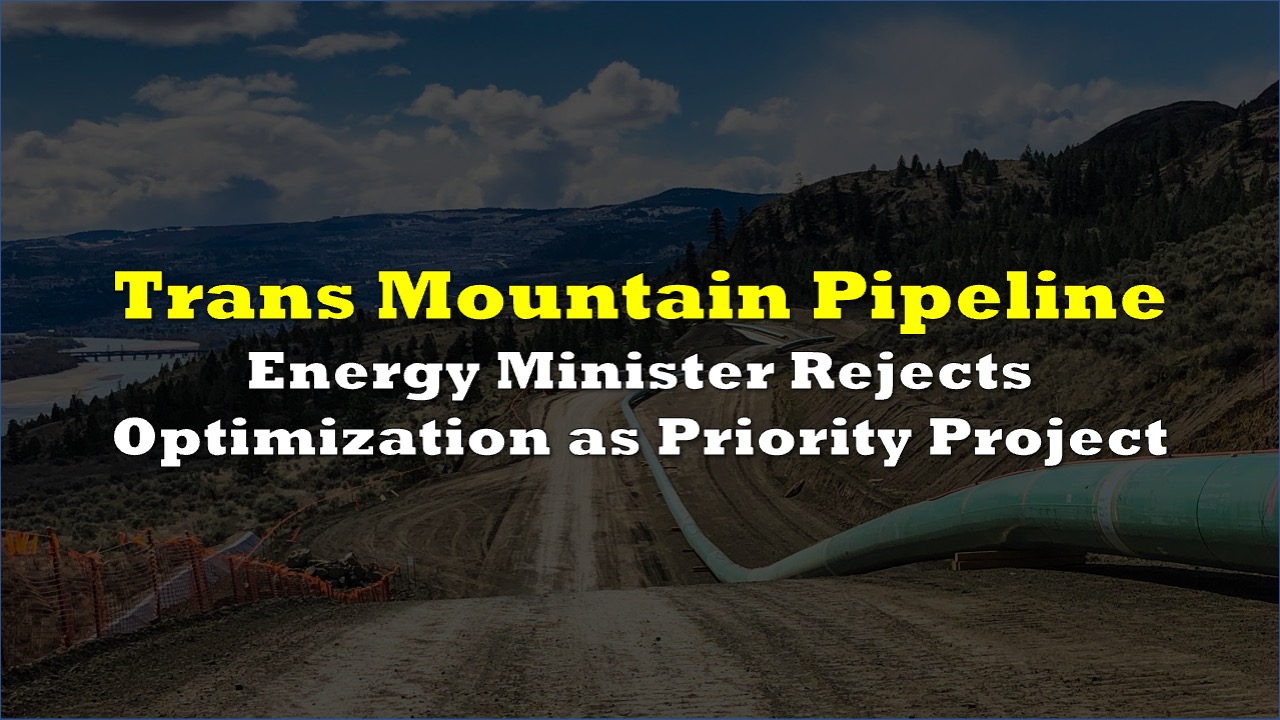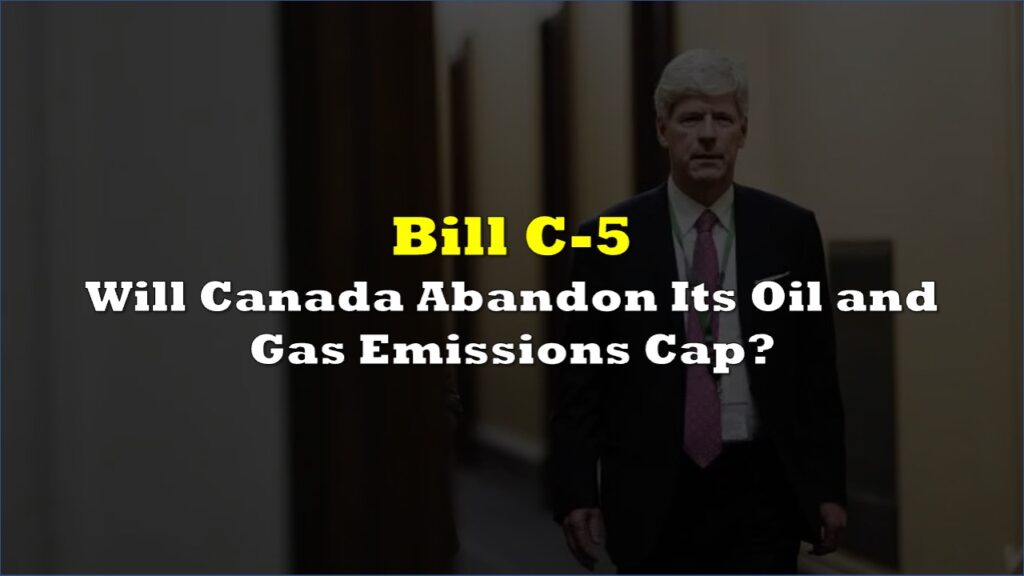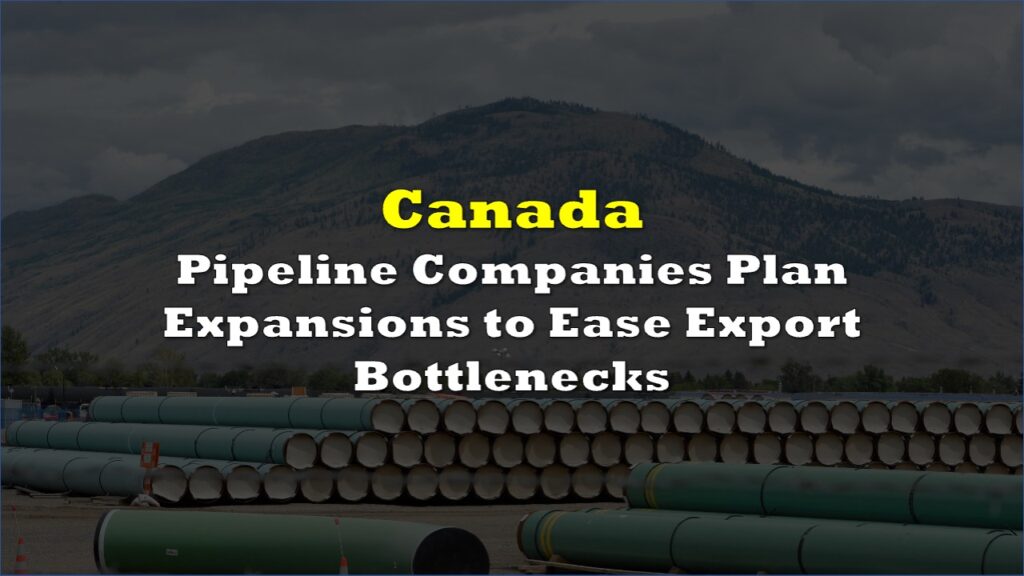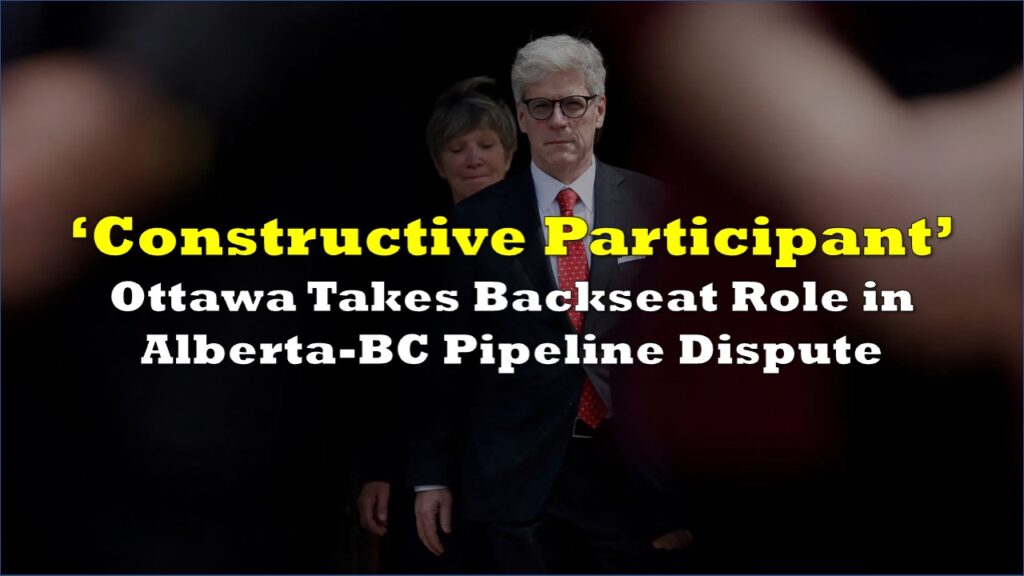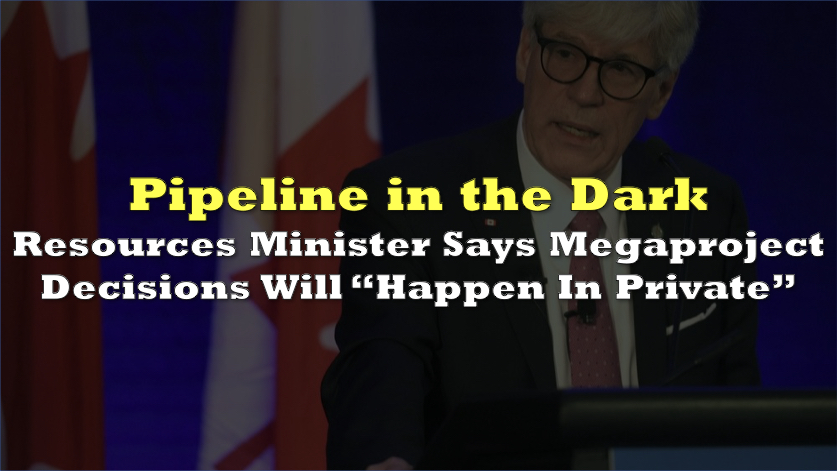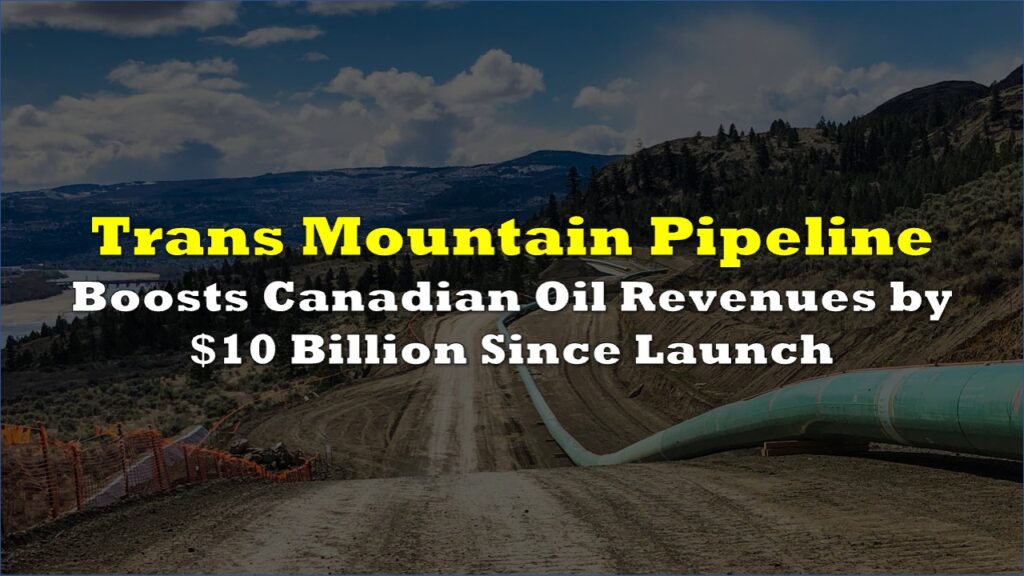Energy Minister Tim Hodgson rejected on Wednesday the Trans Mountain pipeline operator’s request to fast-track capacity optimization under new federal powers, saying the upgrades don’t qualify as a project of national interest despite potential for significant output gains.
The dispute centers on whether Canada should maximize its $34 billion Trans Mountain expansion before building new pipelines. Trans Mountain CEO Mark Maki argues optimization should come first, saying the government-owned pipeline could boost capacity from 890,000 to nearly 1.2 million barrels per day through infrastructure upgrades.
“The optimization… I don’t think that’s a project of national interest,” Hodgson said. “If there’s a case to be made for optimization, they will make that case … and we’ll consider it through the normal course.”
The expanded pipeline, operational since May 2024, currently runs at 85% capacity while shipping Alberta crude to the Pacific Coast. The utilization gap has fueled disagreement over Canada’s energy strategy.
Maki told reporters Tuesday that pipeline optimization is “the easiest thing to do” compared to building new infrastructure. The upgrades would involve adding pumps, motors, and power infrastructure at an estimated cost of $3 billion to $4 billion for the major capacity increase, with smaller improvements possible for $25 million to $30 million.
Conservative Leader Pierre Poilievre supports optimization but called it insufficient, saying Canada has “the capacity to pipe two or three million additional barrels of oil to overseas markets.” He accused the Trans Mountain CEO of trying to “shut out competition.”
British Columbia Premier David Eby backs maximizing current pipeline use before approving new projects through his province. Alberta Premier Danielle Smith wants both optimization and construction of a new northern pipeline.
Prime Minister Mark Carney’s government passed the Building Canada Act in June, granting sweeping powers to approve major projects of national interest as part of plans to make Canada an energy superpower.
An economic analysis found Trans Mountain’s expansion has narrowed the discount on Alberta oil, generating an additional $2 billion in federal revenue. The pipeline ships roughly half its output to Asia and half to US West Coast refineries.
Trans Mountain expects to pay Ottawa $1.25 billion this year through interest, fees, and dividends.
Information for this story was found via the sources and companies mentioned. The author has no securities or affiliations related to the organizations discussed. Not a recommendation to buy or sell. Always do additional research and consult a professional before purchasing a security. The author holds no licenses.

